The blast which rocked Delhi on Monday evening was the first in the capital since 2011 and claimed at least 13 lives, with many more injured, few amongst them critical. Multiple security agencies are currently involved in probing all angles. Details of the vehicle involved in the incident have been traced, linking a chain. Investigations take time and must be thorough so as to gain insights to prevent any repeat incidents and also rope in any mastermind currently free and planning a second.
The blast could have been a fallout of intense security force activities aimed at countering such attacks. In the past couple of months security agencies have unearthed terrorist modules linked to Pakistan’s terrorist groups or the Khalistan movement across the country, including Andhra Pradesh, Punjab, Delhi, Gujarat, Jammu and Kashmir, Haryana and UP, implying a spread of radicalised modules. Most of those involved have been radicalised either online or through religious establishments.
A possible catalyst for the blast was the recovery of almost 3,000 kg of explosives in Faridabad stored by radicalised medical professionals. It is possible one of the suspects was the individual who triggered the blast in panic, aware that the police were on his trail. Details of linkages between different modules busted by security agencies would emerge with time.
A matter of concern is how the terrorists managed to obtain such large quantities of explosive material without anyone raising an alert. Is there a group providing material who, unless busted, could do so again and is possibly being investigated? The Pulwama blast involved 100-150 kg of explosives transported across the state; inputs on how they achieved it have never been made public. This should not end up the same way, as public support is essential to thwart future incidents.
Quick Reads
View AllMonitoring suspects and their linkages, as well as collecting intelligence on their modus operandi and handlers, is a painstaking and slow process. If rushed, the main perpetrators manage to escape; if delayed, it could be too late. Interrogation of suspects to follow up the investigation is the next stage. All this takes time and patience. While the process is ongoing, an incident such as the Delhi blast could occur, despite all precautions.
Timely breaking of multiple modules across the country has nipped many terror incidents in the bud. However, there is rarely any media coverage, as no untoward incident has occurred. For the common Indian, this is their role and task. For the terrorist, one successful incident provides the publicity which he so desperately needs. This difference places the terrorist at an advantage.
For any nation, homegrown terrorism is amongst the most serious threats, especially if it is supported and backed by a foreign adversary. Foreign handlers would coordinate their activities employing communication networks which are not susceptible to monitoring. Funds would flow through Hawala networks.
In most cases one module is unaware of the existence of another, thereby ensuring that even if one is closed the others exist. What remains of concern is the nature of radicalisation. Organised and funded radicalised groups within society are a vast change from lone wolf attacks of yesteryears, largely linked to Isis, which rocked Europe and the US.
Most members of these radicalised groups are part of society, in many cases respected members or even professionals, whose leanings remain hidden from the public. Detecting and monitoring them is difficult, as was the case with doctors of the recently busted module. An error by a member of the module opens doors for security agencies to trace, monitor and arrest the rest.
A similar problem existed in the valley a few years ago when there were a series of random killings of outside labourers or select residents. The killers emerged from the shadows, committed the crime and vanished into society. It took painstaking investigation for the J and K police to eradicate this menace. It ultimately emerged that some involved in the killings were even government employees.
There are other forms of internal threats which remain a concern for security agencies. The Gujarat module, recently busted, had plans to poison water and temple prasad in multiple places using ricin. Targeting religious sites in India, another major threat, could result in riots breaking the cohesion of the nation. Threats from drones, launched internally targeting archaeological and tourist sites as well as sensitive security establishments within the country, are also matters of concern.
Interestingly, incidents in India also create panic across the border. In the current incident, even before government spokespersons came out with details, Pakistani handles on social media, managed by their DGISPR, began spinning yarns of the blast being a ‘false flag operation’, especially with Bihar elections in progress. This could be due to fear that if the involvement of their intelligence agencies emerges, India may be forced to act militarily.
Pakistan also placed its armed forces on high alert. What is worrisome for Pakistan is that India had just concluded Exercise Trishul, the largest exercise in recent times, and troops, aircraft and ships involved in the exercise are yet to be de-inducted. Simultaneously, Pakistan’s tensions continue unabated along its eastern borders, where groups seeking independence are increasing in confidence. A blast caused by a gas cylinder in a car in Pakistan’s supreme court a day after the Delhi blast left 12 dead. Pakistan was quick to blame Afghanistan and the Pakistan Taliban for the same, and pointing fingers at India without any proof; India denied allegations.
The nation needs to stand together when such incidents occur. We need to understand the pressure on investigating agencies and their permanent ongoing efforts to secure the nation. They may have prevented hundreds of incidents, but a single case passed their fingers. Exploiting such incidents politically only enhances the confidence of anti-India groups, which seek anarchy within. It also displays the level of political maturity amongst our politicians and their supporters. Investigating agencies work for securing the nation and not for a political party.
The blast preceded the winter session of parliament. Whether it is just one incident or the start of a series of incidents, including instigating protests and violence, aimed at embarrassing the government in parliament is unknown. However, the coming days need special vigilance.
(The author is a former Indian Army officer, strategic analyst and columnist. Views expressed in the above piece are personal and solely those of the author. They do not necessarily reflect Firstpost’s views.)


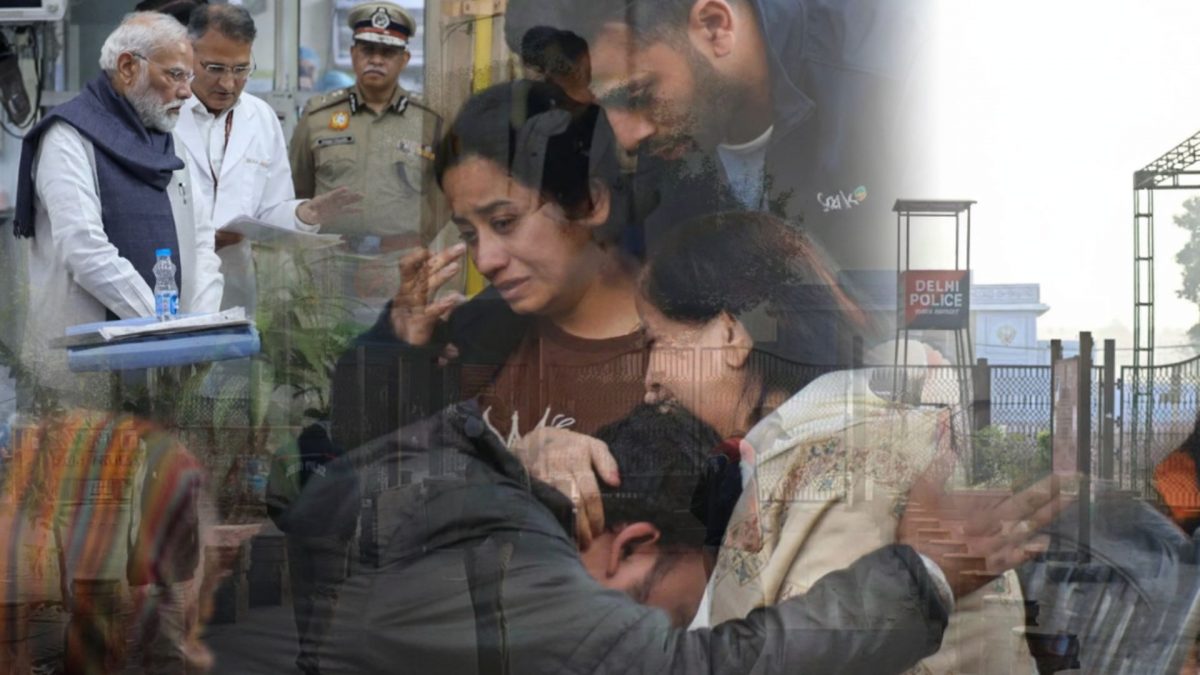)
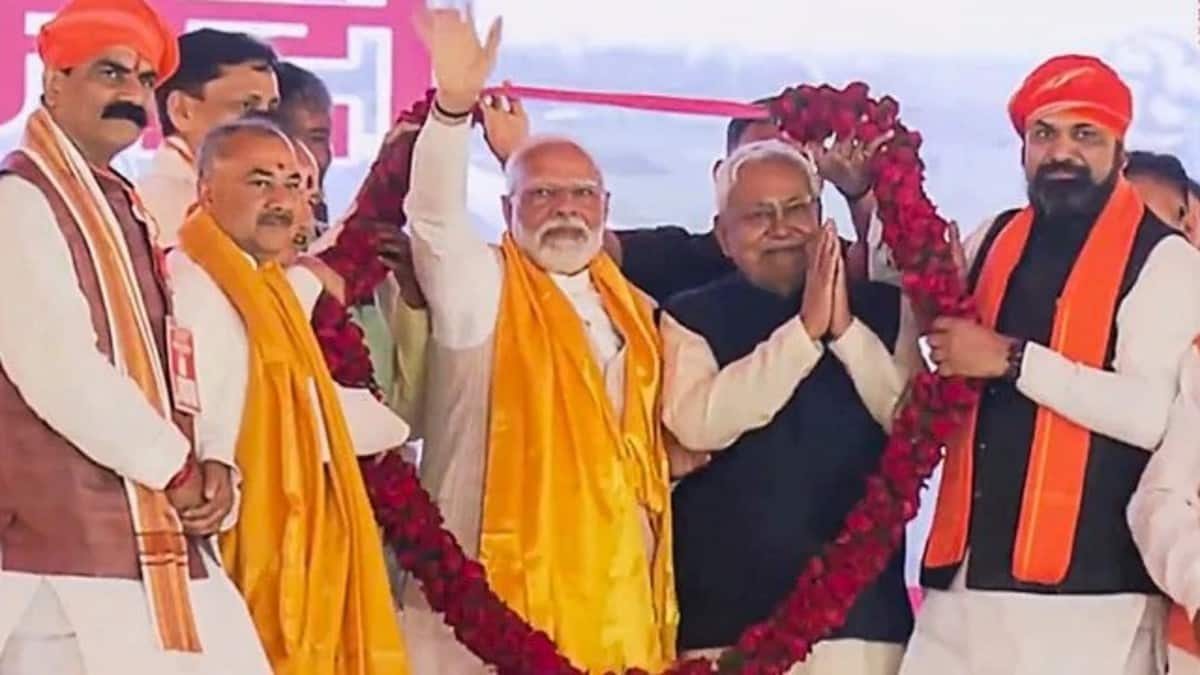
)
)
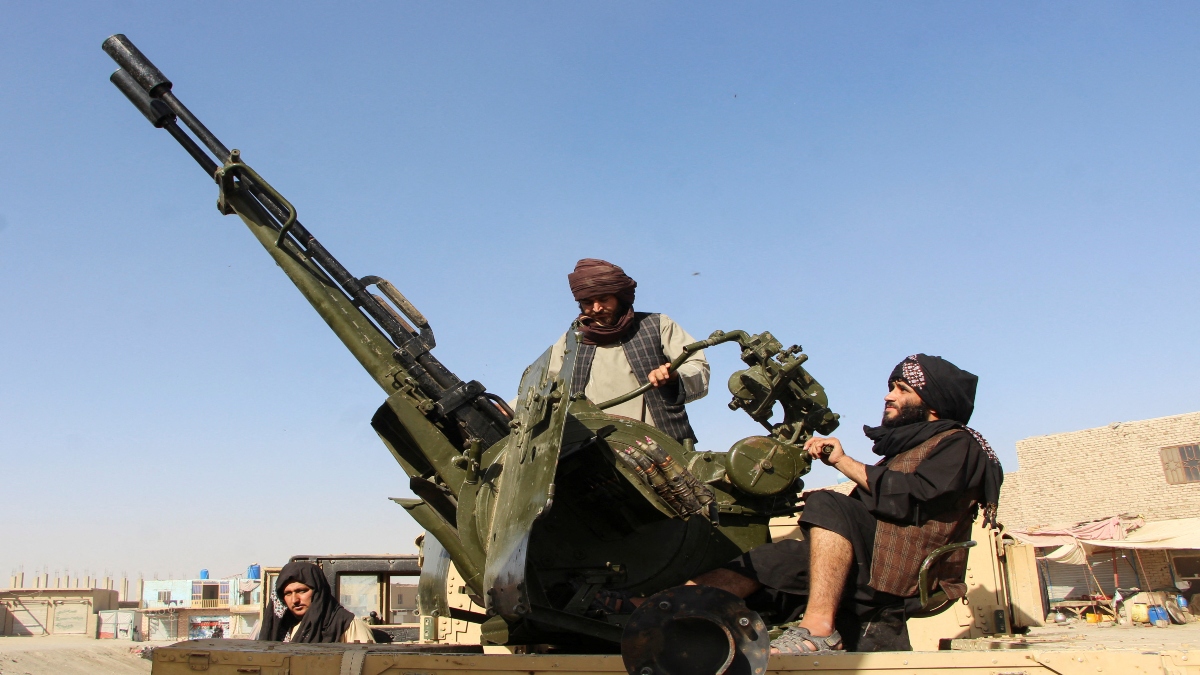)
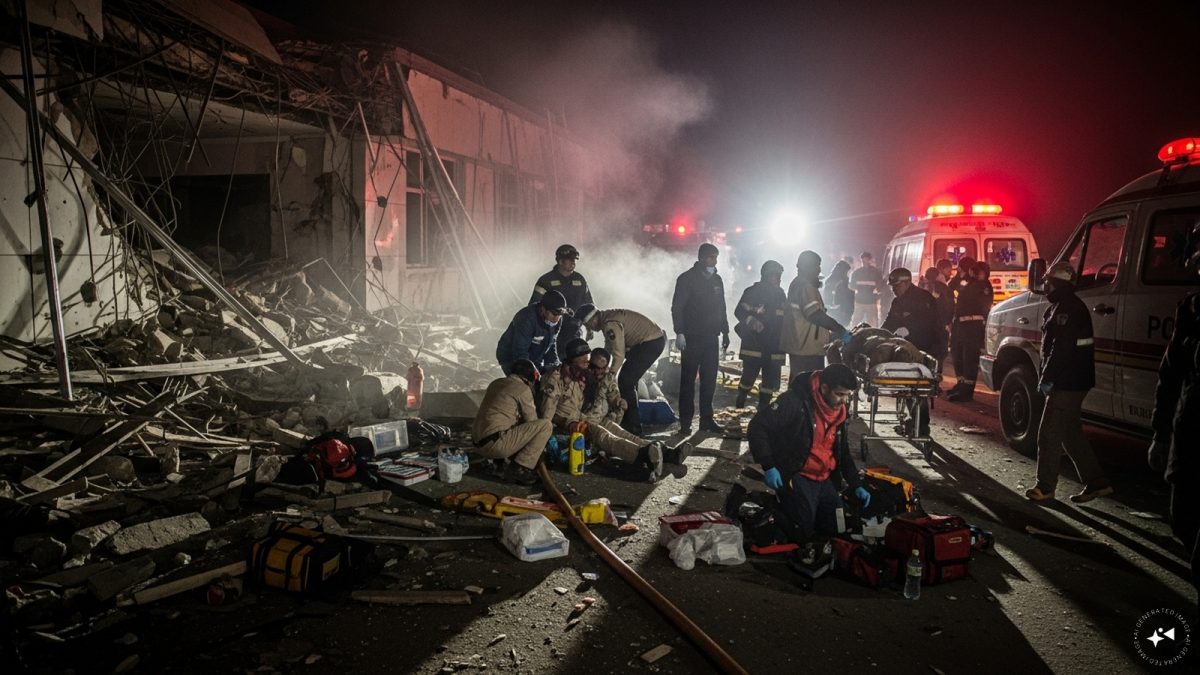)
)
)
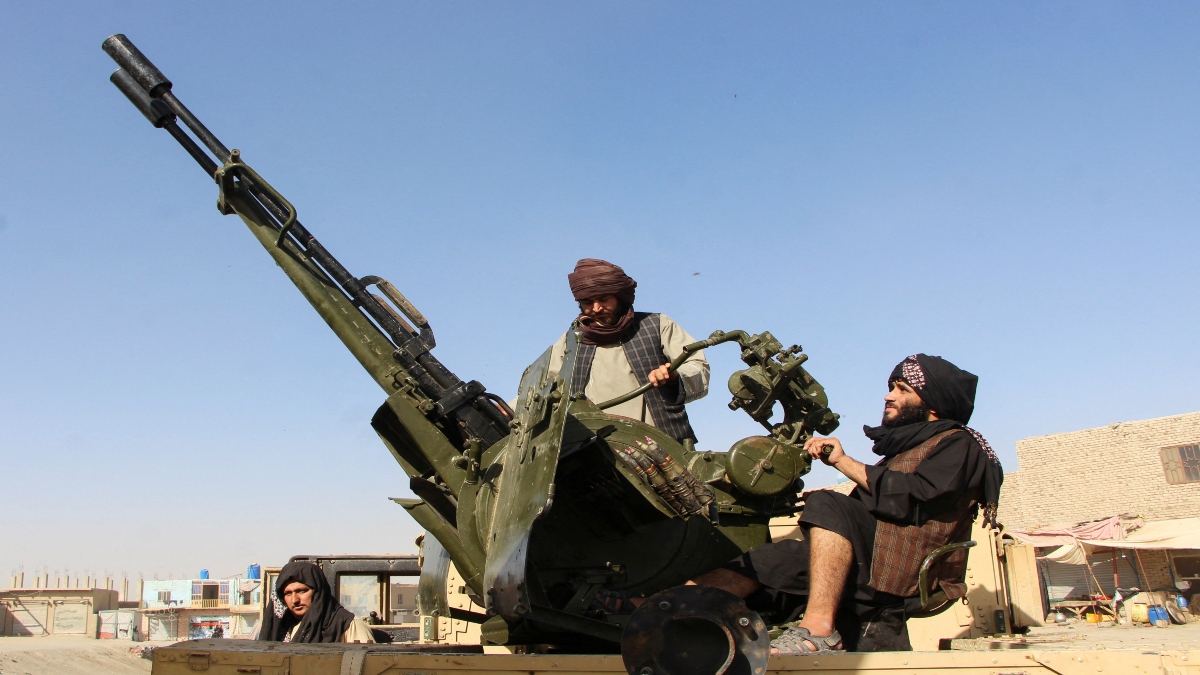)
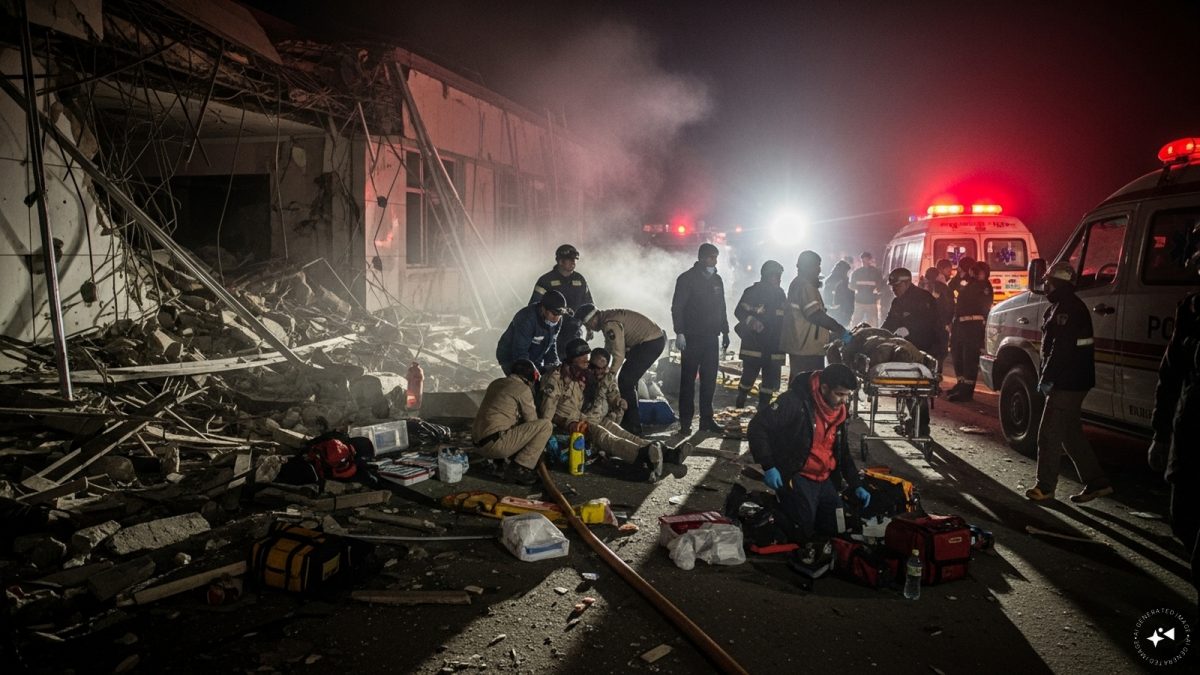)



